
Tachycardia and the most common causes
Tachycardia is a disorder of the heart rhythm; actually it is increased heart rate. There are many causes that can lead to tachycardia but there are also factors that can worsen the already existing tachycardia and some of them are hypoxia, decreased level of oxygen, ischemia, acidosis, alkalosis, misbalance of electrolytes, increased concentration of catecholamine in the blood, toxic effect of some medications, side effects of many drugs, excessive elongation of myocardium fibers (heart muscle), presence of scars in heart tissue etc. As for conditions, all shock states have tachycardia as a compensatory effect, anaphylactic shock, septic shock, and bronchial asthma too. As for tachypnea, the only situation when tachycardia is normal and expected is during physical exertion.
Acute pancreatitis is one of the conditions that have tachycardia as a symptom. This illness is caused by auto digestion of pancreatic cells by pancreatic enzymes. Shock occurs at one moment and that results in tachycardia. Pheochromocytoma is a tumor of adrenal gland that leads to increased secretion of adrenaline and that will also cause tachycardia. Another symptom here is frequent blood pressure peaks.
What are other causes of tachycardia?
Rhythm disorders can be present in cardiac arrest and tachycardia can be supraventricular and ventricular. Sinusoidal tachycardia is a type of tachycardia that happens during infract. Irritating sympathetic nervous system can be a direct cause of tachycardia because of the pain, fear and excitement. Some patients might have atrial tachycardia, which is a sign of complications that come after cardiac arrest and an obvious symptom of heart insufficiency. Cardiomyopathy is a disease of heart muscle that can cause three dysfunctions. One of those is dilatation of the heart cavities (dilatative cardiomyopathy), which is a consequence of acute viral myocarditis. Of course, one of the symptoms is sinusoidal tachycardia.
It is important to mention some additional causes of tachycardia that are related to life habits. Smoking and nicotine in the organism, obesity, taking a lot of coffee and alcohol, are all factors that easily induce tachycardia. Abusing drugs can also result in tachycardia. Treating the condition that causes tachycardia will eventually return the heart rate into normal range. There is also an interesting way of immediate help, which is not effective in all people that suffer from tachycardia. Pressing the eyeballs as hard as possible might press vagus nerve, which might decrease heart rate. Of course, this is only temporarily and only a real medical therapy can help completely.


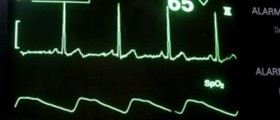
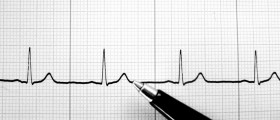

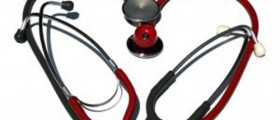

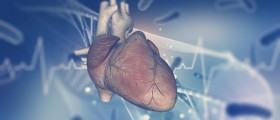
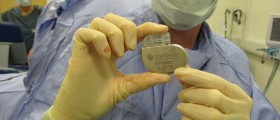
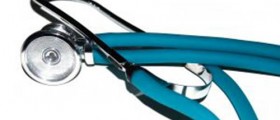

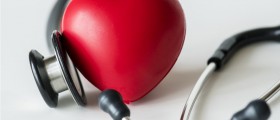


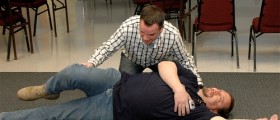
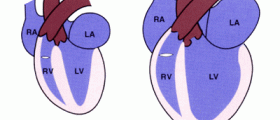
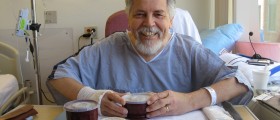
Your thoughts on this
Loading...